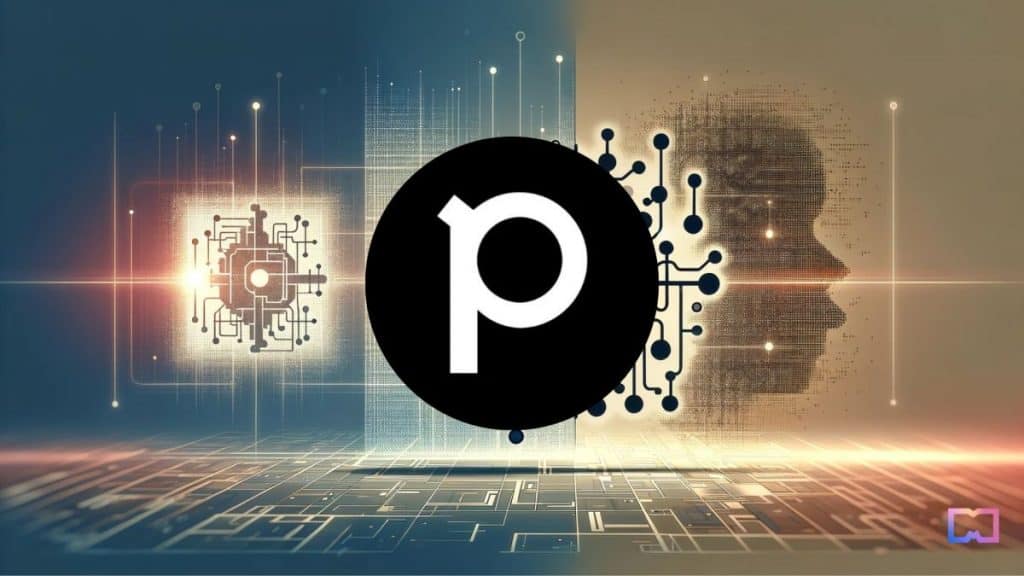Phind’s Generative AI Model ‘V7’ Outperforms OpenAI’s GPT-4 in Coding Ability


In Brief
Phind launched its latest breakthrough in AI-driven coding with the 7th-generation model, acclaimed for outperforming the renowned coding capabilities of GPT-4.

In the dynamic realm of AI and coding, Phind recently introduced its 7th-generation model, touted to not only match but also surpass the coding capabilities of the famed GPT-4.
The Phind Model V7 is making waves with its remarkable performance, boasting a rapid response rate that is five times faster than its predecessor, effectively reducing answer times from 50 seconds to a mere 10 seconds for technical queries.
Drawing from the success of open-source CodeLlama-34B fine-tunes, the Phind team crafted an innovative model that became the first to surpass GPT-4 in the HumanEval benchmark.
Standing at a 74.7% pass on HumanEval, the new model leverages an expansive fine-tuning process on over 70 billion tokens of premium code and problem-solving content. Despite this, Phind recognizes that the HumanEval score doesn’t fully reflect real-world utility, a fact corroborated by detailed user feedback and the model’s stellar performance on actual coding questions.
Our GPT-4-beating coding model is now the default on https://t.co/epkoFW8Ozz.
— Phind (@phindsearch) October 31, 2023
It's also 5x faster than GPT-4.
Learn more in our blog post: https://t.co/PrOFETEbvd
Phind’s Tech Assistance to Community
The Discord community around Phind has expressed a marked preference for the new model, opting for it over GPT-4, even with unrestricted access to both. The team has achieved a significant boost in speed by leveraging NVIDIA’s TensorRT-LLM library on H100s hardware, clocking in at an impressive 100 tokens per second in a single stream.
In terms of context, Phind has pushed the envelope by supporting up to 16,000 tokens, providing developers with a comprehensive range to work with—12,000 tokens for input and an additional 4,000 reserved for web results. This expanded token limit facilitates a more nuanced understanding and generation of complex code.
Ongoing Refinement to Tackle Inconsistencies
While Phind celebrates the triumphs of its latest model, it acknowledges the presence of imperfections, particularly in consistency. The team commits to continuous improvements for enhanced reliability, particularly for complex queries that might need several attempts to achieve the correct solution.
Phind’s innovative model is readily accessible for testing on their website, boasting an unlimited number of free uses, a testament to their commitment to democratizing AI-powered coding assistance. Alongside code generation, Phind also provides a virtual pair programming experience, enabling programmers to collaborate and streamline their coding endeavors.
Disclaimer
In line with the Trust Project guidelines, please note that the information provided on this page is not intended to be and should not be interpreted as legal, tax, investment, financial, or any other form of advice. It is important to only invest what you can afford to lose and to seek independent financial advice if you have any doubts. For further information, we suggest referring to the terms and conditions as well as the help and support pages provided by the issuer or advertiser. MetaversePost is committed to accurate, unbiased reporting, but market conditions are subject to change without notice.
About The Author
Nik is an accomplished analyst and writer at Metaverse Post, specializing in delivering cutting-edge insights into the fast-paced world of technology, with a particular emphasis on AI/ML, XR, VR, on-chain analytics, and blockchain development. His articles engage and inform a diverse audience, helping them stay ahead of the technological curve. Possessing a Master's degree in Economics and Management, Nik has a solid grasp of the nuances of the business world and its intersection with emergent technologies.
More articles

Nik is an accomplished analyst and writer at Metaverse Post, specializing in delivering cutting-edge insights into the fast-paced world of technology, with a particular emphasis on AI/ML, XR, VR, on-chain analytics, and blockchain development. His articles engage and inform a diverse audience, helping them stay ahead of the technological curve. Possessing a Master's degree in Economics and Management, Nik has a solid grasp of the nuances of the business world and its intersection with emergent technologies.



















































